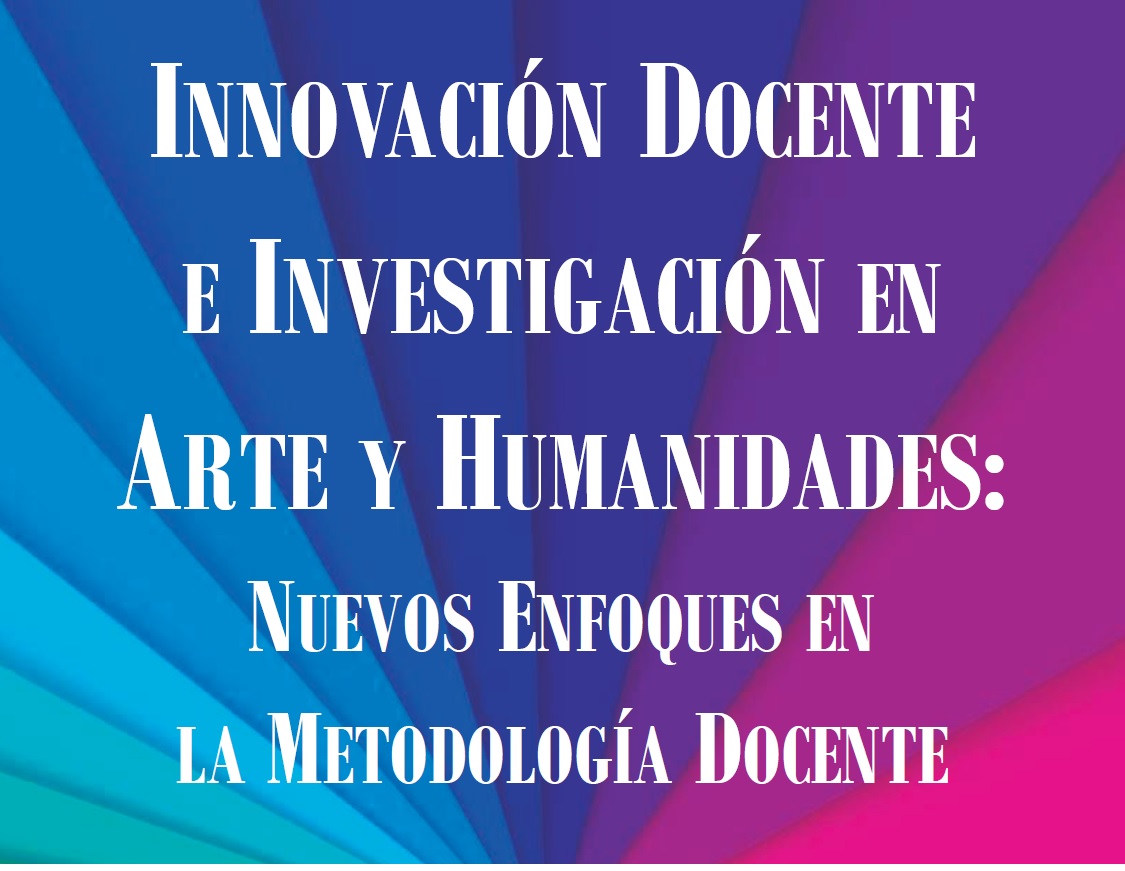Publicación
Rodríguez-Ortega, Nuria. «Social Sciences and Digital Humanities of the South: Materials for a Critical Discussion», en Fiormonte, Domenico, Ricaurte, Paola, and Chaudhuri, Sukanta. Global Debates in the Digital Humanities. Minneapolis: Minnessota University Press, 2022, ISBN: 978-1-5179-1326-7, pp. 101-113.
Abstract
The idea of a Digital Social Sciences and Digital Humanities of the South (DSSDHS) thus fits, first of all, into this consubstantial critical dimension of DH. In fact, it arises from the recognition of two realities: first, an imbalance in the processes of access, production, and distribution of knowledge and culture, with the consequent prevalence of certain political-cultural models over others; and second, a dynamic by which these models are imposed (often by highly localized and naturalized means), even though they are not always best suited to local contexts and territories or do not fit at all. The transformations that humankind is undergoing in the twenty-first century prompt us to pose a new question: How can digital humanities (as the space for problematizing the techne that defines our historical time) be transformed into a project to construct a new humanism that corresponds to the human condition in our world? The exploration and establishment of new pedagogies is one logical conclusion. The processes of social, cognitive, and epistemological disruption can emerge only from profound reforms of the educational system. In the 1960s, Paulo Freire stated that “teaching is not transferring knowledge, but creating the possibilities for its production or construction” (Freire, Pedagogía de la autonomía, 8). Our responsibility is to create those contexts in which it is possible to produce and construct the knowledge needed to address the challenges facing humanity in the twenty-first century, in accord with the conditions of our current era.



Leave a Reply